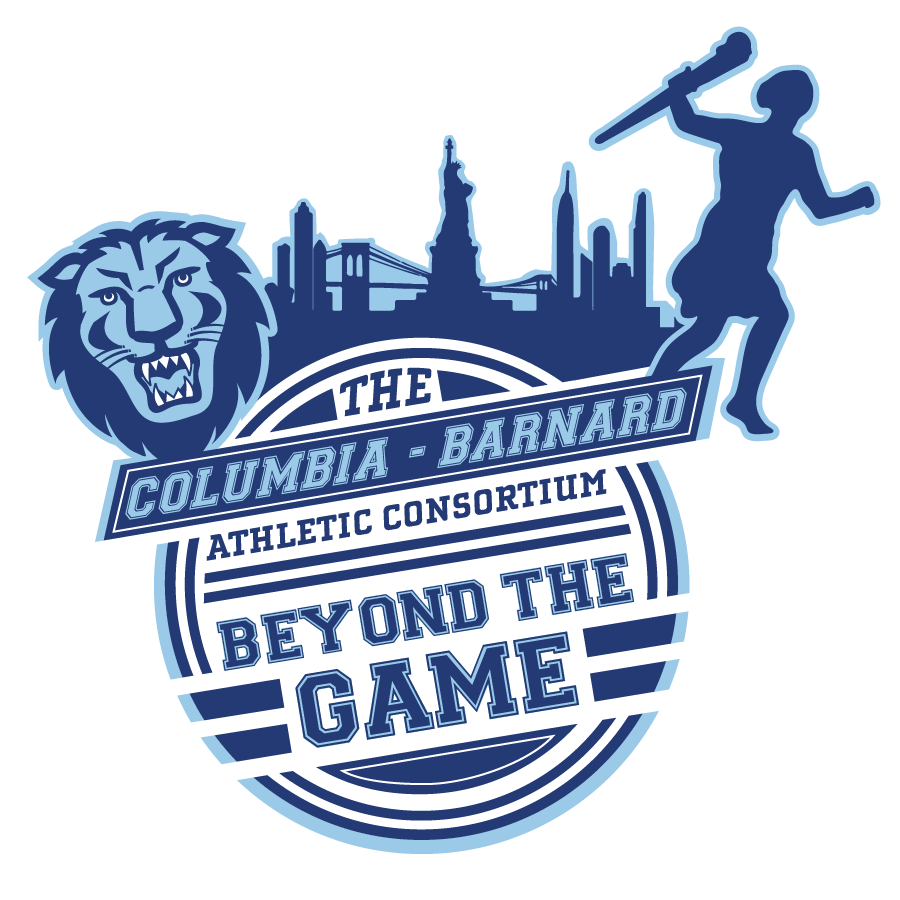Barnard has a long-standing history of promoting women’s athletics, beginning in 1896 when a group of students created a bicycle club. Today, the College’s student-athletes compete in NCAA Division I Athletics in 15 sports, ranging from archery and basketball to cross-country and tennis, through the Columbia-Barnard Athletic Consortium.
On March 9, as part of the College’s Women’s History Month (March) celebration, President Sian Leah Beilock and Columbia’s director of Intercollegiate Athletics and Physical Education Peter Pilling hosted the annual roundtable discussion. This year’s topic, “Pause in Play: Women, Athletics, and Leadership During the Pandemic,” focused on the current challenges and opportunities that women athletes have faced during the COVID-19 pandemic.
Moderated by award-winning New York Times sports journalist Juliet Macur ’92, the panel featured Women’s Sports Foundation CEO Deborah Antoine; Columbia Athletics Hall of Fame’s 2006 inductee and Bronx Community College professor of health, physical education, and recreation Ula Lysniak ’87; and Columbia women’s basketball head coach Megan Griffith CC’07.
President Beilock and Pilling kicked off the event with remarks on supporting women and student-athletes. “Being part of a team teaches cooperation [and] diligence. It teaches responsibility and — one of the things I think is so important for success in college and in one’s career moving forward — resilience,” President Beilock said. “Our student-athletes have every reason to be proud, and they excel not only on the playing field but in the classroom as well. This event is a true testament to the fact that athletics, of course, [goes] beyond the playing field.”
The panelists echoed President Beilock as they explored a wide range of topics, including how they navigated the sports industry’s new challenges at the start of the pandemic and how they are approaching their work today. In centering the conversation on the impact that the pandemic has on student-athletes, Lysniak, Antoine, and Griffith shared the various ways they’ve adjusted to meet students’ needs throughout the past year. “This loss of physical engagement has been very challenging, especially for the students,” said Lysniak. “My role [as a professor], while living through this pandemic, has been to keep my students inspired and encouraged to succeed in their courses.”
“I give tremendous credit to [the student-athletes]. I am always amazed by their resilience,” Griffith said. “Sometimes I feel like this is devastating and I’m even holding on to [the losses] longer than they are. Then I look at them and they handle it gracefully; they move on and they figure out how to do it together. I was really proud of them for how they responded and rebounded in the summertime.”
The leaders also shared their hopes for women athletes and the new opportunities available to them, considering how the athletic world has adapted to quarantine and social distancing protocols. “There are things that we have learned from [adjusting to COVID-19] that will work in the long term,” Antoine said. “[Using virtual platforms] reminds us that as we go forward, post-pandemic, there are ways to reach people beyond having them in the room.”
Watch a video of the discussion, below.
— SOLBY LIM ’22


